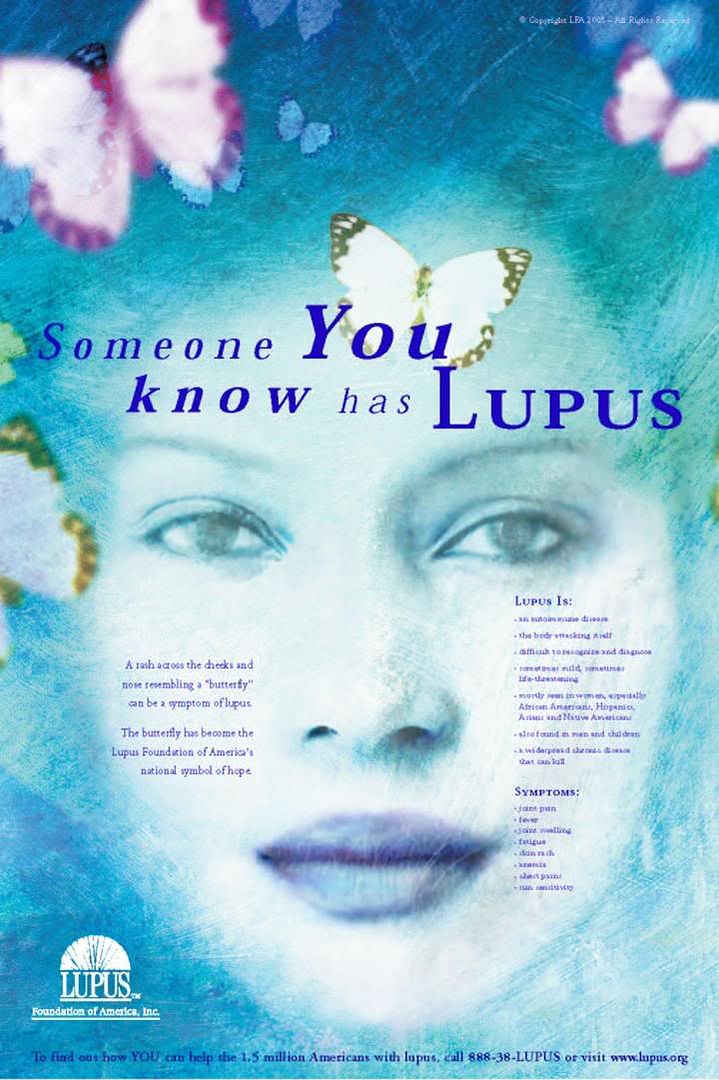 |
|
|
New symptom related to neonatal lupus Friday, October 26, 2007 What is the topic?Neonatal lupus erythematosus (NLE) is a rare but serious condition that can occur in newborn babies, and is related to anti-Ro (SSA) and/or anti-La (SSB) antibodies, which can cross the placenta in pregnancy from the mother to the fetus. A number of symptoms are seen in infants with NLE, most commonly a skin rash or liver involvement, both of which go away over time as the infant’s own immune system replaces the mothers circulating antibodies. However, a potentially serious heart condition called congenital heart block also can develop and will require medical attention. Developing babies of women with anti-Ro antibodies need to be monitored in the womb for heart block, though only a small number of pregnancies in women with lupus will result in this serious complication. In addition, some reports point to neurological symptoms that may be present in rare cases of NLE. What did the researchers hope to learn? The researchers sought to determine if infants born with NLE were at greater risk for hydrocephalus, a condition characterized by excess spinal fluid in or around the brain, which in turn contributed to macrocephaly, an enlarged head size. Who was studied? The study followed 87 infants born to selected, high risk women with anti-Ro antibodies and who were seen at the Hospital for Sick Children (HSC) in Toronto. Of the 87 infants studied, 47 were diagnosed as having NLE. How was the study conducted? Each of the 87 infants enrolled in the study was seen at least once in a follow-up visit, and more than 90% were seen more than once. What did the researchers find? The researchers found that the infants born to anti-Ro positive mothers developed hydrocephalus and macrocephaly at higher rates than would be expected. The rate of hydrocephalus was higher in both the group of infants with NLE and those identified as otherwise healthy. The researchers suggest that hydrocephalus be considered a new and independent manifestation of NLE, which may occur in association with other symptoms of NLE or alone. It is also important to point out that four of the five NLE infants who developed hydrocephalus were neurologically healthy, and in all but one of the infants, the abnormalities in head size and fluid volume resolved spontaneously over the course of time after their second birthday. What were the limitations of the study? The results of this study were similar to other investigations that showed an association of macrocephaly with NLE. It would have been better to compare this outcome to babies born to other lupus patients without anti-Ro antibodies and to the babies born to a group of healthy mothers attending this same hospital. Specialist hospitals such as this one could be attracting an overall more high risk group of patients with or without the Ro antibodies. What do the results mean for you? Women with lupus who have anti-Ro antibodies who are pregnant or intend to become pregnant need to be aware of the possibility their baby may develop NLE, which can have serious complications, albeit the serious complications are rare. These women should receive specialist high risk prenatal care and their babies should be monitored after birth by knowledgeable pediatricians.
Comments:
Post a Comment
~~~ |
.:Find Me:. If you interested in content, please contact the Writer .:Want to Joint ?:. If you want to know more about lupus surferer's activities and want to donor your help and money, go here Need more consult ?, go here .:acquaintances:.
The Enterprise .:New Book:. .:talk about it:.
.:archives:.
.:Link-link website Lupus:.
Lupus Org .:credits:.
|